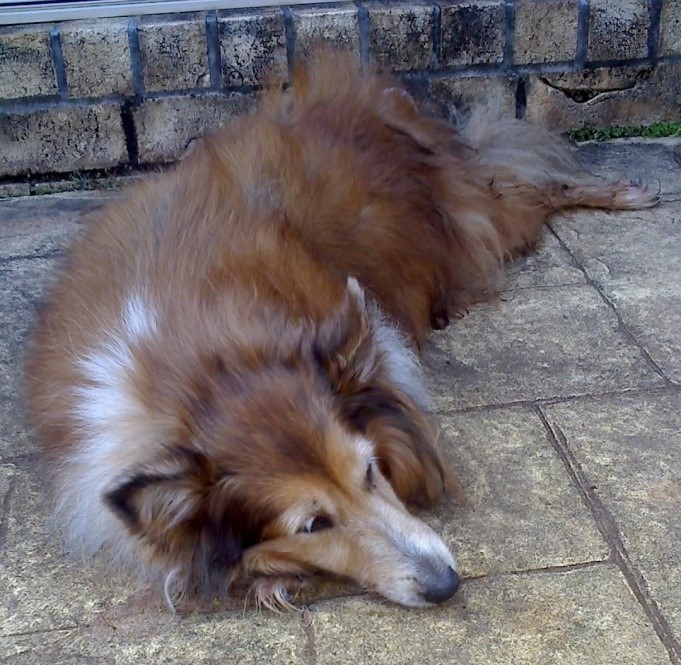
Scott Campbell, Booval Veterinary Hospital partner told The Courier Mail, “It’s heart-breaking for the owners and it’s heart-breaking for the vets. You’ve never seen a dog sadder in your life.”
By Serena Reece
The deadly parvovirus is back in force, stealing the lives of man’s best friend in the most aggressive outbreak yet.
Dr Patricia Edwards of Greencross Vets Ashmore says, “Parvovirus is the most dangerous virus a dog can contract in this area.”
Over the past year, surgeries have seen increases from one case a week to five a day, with humidity creating the ideal environment for the disease to flourish.
“The biggest problem is awareness. Vaccinations only cost $60 – $80 and ignorance means people end up spending $2000-$3000 for treatment once their dog has become infected.”
Parvovirus is highly contagious and can be transmitted dog-to-dog via infected faeces, saliva or vomit, through infected insects and rodents or on inanimate objects.
“The virus can remain dormant for some time in grass, carpets or in dog kennels and thus vaccination is essential. A puppy can be healthy one morning and dead by the evening.”
Susan Ray, Brisbane, lost her dog Rumour [pictured] this week to parvovirus saying, “She was the happiest, hungriest, friendliest dog and my children grew up with her. She was only eleven when she contracted it, and by the time we knew what it was, it was too late. She’d stopped eating and became depressed, fighting for two weeks before she died on Monday morning. The whole family was devastated; I’ve never seen the children so heartbroken.”
Dogs of all ages and breeds are susceptible to parvovirus; however puppies and those with weaker immune systems tend to have a higher contraction and death rate.
According to the American Veterinary Medical Association, there is no specific antiviral medicine for parvovirus, thus symptoms must be treated through replacement of fluid and nutrients until the canine’s immune system is able to fight infection.
Symptoms of parvovirus include vomiting, lethargy, depression, loss of appetite, dehydration and bloody diarrhoea.
Dr Garry Edgar of the Australian Veterinary Association says, “The frustrating thing for vets is that this virus is highly preventable. Early vaccination is much less expensive than treating your pet after it gets sick and saves the heartache of losing a new family member too soon.”
According to the American Animal Hospital Association, puppies should receive three doses of vaccine between six and sixteen weeks of age.